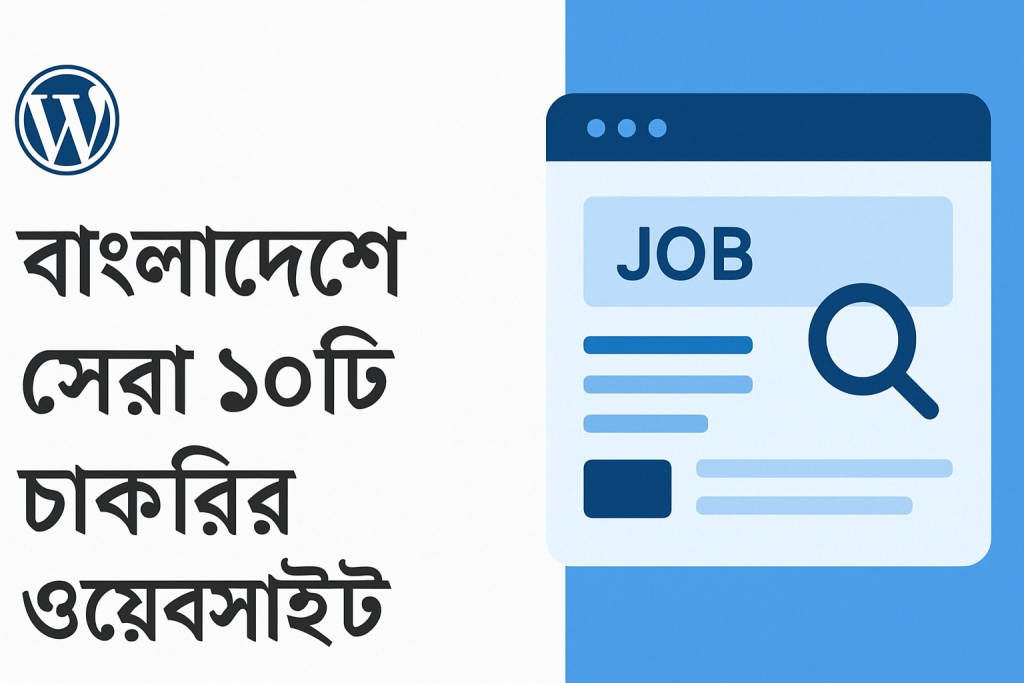im
A recent decision by the Trump administration to temporarily pause federal aid has sparked widespread concern and debate across the nation. This pause, initiated by an internal memorandum from the White House Office of Management and Budget (OMB), has left many organizations and individuals scrambling for answers.
The Memorandum and Its Implications
The memorandum, issued earlier this week by OMB Acting Director Matthew Vaeth, mandates a temporary halt on all activities related to the obligation or disbursement of federal financial assistance. This includes federal grants, loans, and other forms of aid. However, it explicitly exempts Social Security, Medicare, and direct individual assistance programs, such as Medicaid and SNAP benefits (commonly known as food stamps).
While the White House Press Secretary Karoline Leavitt assured the public that this is “not a blanket pause on federal assistance,” the directive has nonetheless caused significant confusion and concern among non-profits, state agencies, and educational institutions.
Impact on Medicaid and Other Programs
For several hours on Tuesday, Medicaid agencies across all 50 states experienced technical difficulties accessing federal funds. This outage raised fears that Medicaid—which provides health insurance to over 72 million low-income Americans—might be affected by the funding freeze. However, the administration later confirmed that Medicaid payments were not interrupted and that the portal was back online by the afternoon.
The Office of Management and Budget issued a statement clarifying that “mandatory programs like Medicaid and SNAP will continue without pause.” Nevertheless, the temporary disruption highlighted the precarious nature of relying on federal systems for essential services.
Legal and Political Backlash
The freeze has not gone unchallenged. Within 24 hours of the announcement, several non-profits and advocacy groups filed a lawsuit in federal court. The lawsuit argues that the OMB memo lacks legal authority to halt programs already approved by Congress. Plaintiffs, including the National Council of Nonprofits and the American Public Health Association, are seeking a temporary restraining order to prevent the implementation of the memo.
Democratic lawmakers have also criticized the administration’s actions. Senator Ron Wyden of Oregon strongly criticized the move, emphasizing the potential risks to millions of Americans dependent on federal assistance.”This is a blatant attempt to rip away health insurance from millions of Americans overnight and will get people killed.”
Exceptions and Exemptions
The OMB memo does allow federal agencies to request exceptions to the funding freeze. Agencies must provide detailed information on programs or activities they believe should continue, with submissions due by February 10. The OMB will then review these requests on a case-by-case basis to determine if they align with the administration’s priorities.
These priorities include scrutinizing funding for programs associated with foreign aid, non-governmental organizations, and initiatives tied to diversity, equity, and inclusion (DEI), as well as environmental policies like the Green New Deal.
Programs Under Scrutiny
While the administration insists the freeze is not a sweeping cut, programs such as Head Start, Pell Grants, and Meals on Wheels could face delays. Additionally, concerns have been raised about the future of student loans, FAFSA applications, and housing assistance programs like Section 8. Advocacy groups are urging the administration to clarify the status of these essential services.
What’s Next?
The federal judge overseeing the case, Loren L. AliKhan, has temporarily blocked the freeze from affecting already-approved funding through at least next Monday. However, the broader implications of this pause remain uncertain. Advocacy groups and state agencies are preparing for potential long-term impacts on federally funded programs.
For individuals relying on federal assistance, this pause serves as a stark reminder of the vulnerabilities in the system. Whether this freeze is a temporary disruption or a signal of more significant changes ahead, it underscores the need for clear communication and robust oversight in managing federal aid programs.
Stay tuned for updates as this story develops. For now, those impacted by the freeze are encouraged to contact their local representatives and advocacy groups for guidance.


